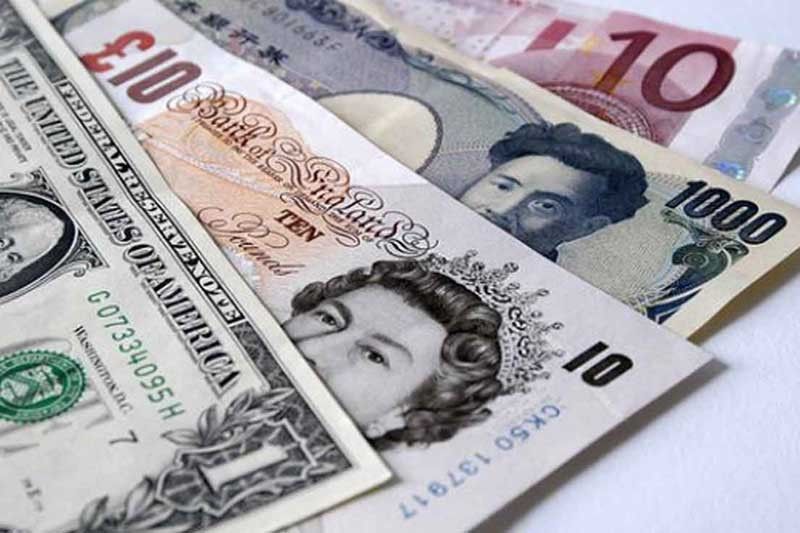Renewed virus fears drive FDI decline in May

MANILA, Philippines – Foreign direct investments slumped in May amid growing investor unease over the spread of highly contagious coronavirus variants, the Bangko Sentral ng Pilipinas reported Tuesday.
FDI posted a net inflow of $429 million in May after the entry of new investments outpaced those that headed for the exit during the month. That net inflow, however, was down 25.4% year-on-year.
In five months, FDI net inflows grew 37.8% year-on-year to $3.5 billion. The central bank is hoping for a net FDI inflow of $7.5 billion for this year, albeit still lower from pre-pandemic level of $8.7 billion.
Unlike the so-called “hot money” which enters and leaves markets with ease, FDIs are firmer commitments that provide jobs for Filipinos, so the government wants to attract more FDIs and not only keep existing ones.
Since peaking at $10.26 billion in 2017, FDIs have been on a downtrend and the pandemic only worsened the slump. Last year, FDI net inflows contracted 24.6% on-year to $6.5 billion, the lowest in 5 years after investors postponed expansion plans to keep themselves liquid amid the pandemic.
Over a year into the health crisis, the central bank said the FDI decline in May “reflected renewed investor concerns on the rising cases of the new variants of COVID-19 globally.”
Dissecting the data, equity capital placements, a measure of new FDIs, fell 42.6% on an annual basis to $82 million in May. Majority of fresh foreign capital came from Japan, the United States and Malaysia, and were invested industries like manufacturing, real estate, and financial and insurance.
The decline in new FDIs was coupled with exodus of investments amounting to $21 million in May, up 70.2% year-on-year. This, in turn, yielded a net equity capital investment of $60 million during the month, down an annualized rate of 53.4%.
Intercompany borrowings between multinational companies and their offices here contracted 23.4% annually to $269 million in May. Reinvestment of earnings, meanwhile, rose 6% on-year to $99 million.
Nicholas Antonio Mapa, senior economist at ING Bank in Manila, said the slump in FDIs, particularly debt instruments which are “less permanent and can be withdrawn more easily compared to fresh equity”, may persist in the coming months.
“Going forward, we could see this trend continue with investors likely still non-committal to medium term projects in the Philippines until more clarity on the growth situation can be achieved,” Mapa said in an email.
- Latest
- Trending



























